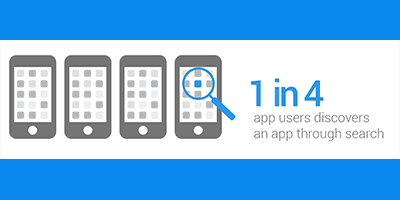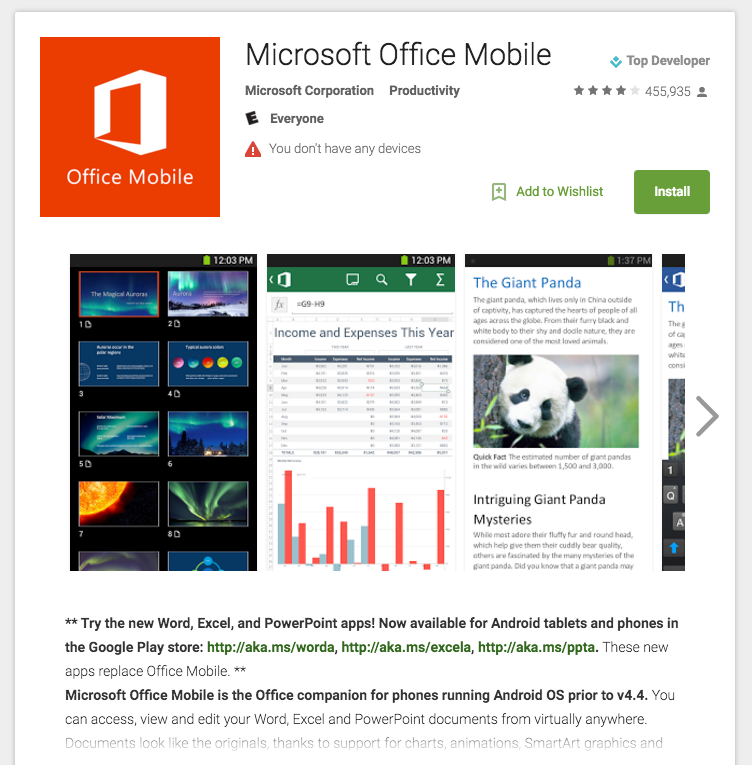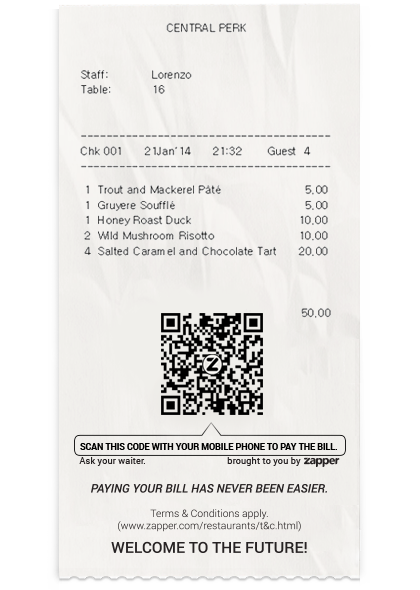


Mobile apps have become powerful tools for brands who want to build deeper relationships with their customers. A mobile app can serve many purposes, including: complimenting the offline experience, driving sales, or simply connecting with loyal customers. Whether you're in the conceptual stages of building a mobile app or preparing to launch the finished product, the success of your app will likely depend on the mobile app marketing strategies you use to promote it. While there's no silver bullet to get your audience to download your app, these tactics will ensure you hit the ground running when you're trying to get more visibility.
App store optimization (ASO) is, at it’s core, search engine optimization (SEO) for the Google Play and App Store. ASO relies on links, keywords, title, description, popularity and reviews. These factors have a huge impact on whether or not your app will get discovered among app store search engines. Thus, ASO is incredibly important when you're trying to get the word out.Apps are often discovered outside the app store. According to Google, 1 in 4 app users discover an app through search. Search is a driver of app discovery. Let’s say your app is related to travel; Google the term “best travel android apps” and see what results you get. Make your app discoverable everywhere, especially search engines.

Source: Google/Ipsos, Mobile App Marketing Insights: How Consumers Really Find and Use Your Apps (U.S.), May 2015.
While the overall look and feel of your app won't have a direct impact on visibility, it will certainly have an impact on usability and engagement. As you can see from this example from Google Play, screenshots are one of the first things that people see when they find your app in an app store search. Do more than take a screenshot of your app and drop it in the app store. Show off your app's best features and add captions and other visual elements to turn a seemingly boring task into a must-have feature. You only have a few seconds to make an impression, so put your most important screenshot first and get them hooked on your app as quickly as possible.

Don't be afraid to pitch your app to different outlets. This can be quite time consuming but the payoff could be worth it in the right outlet. The goal of pitching the app is to create more buzz and visibility overall.
By integrating social media platforms in your app, you can enable in-app social sharing. For example, a Venue's app could display an integrated Facebook feed to update users on new events and interact with other participants without ever leaving the app. Doing this is not only convenient but it makes the app home base for communication, avoiding the loss of traffic to native social networking apps. Thus, promoting adoption of the app.
QR codes are a great way to advertise your mobile app. You can add QR codes to your website, business card, brochures, receipts, or storefront window. Zapper, a mobile payments provider for restaurants, uses this method. A QR Code is generated on every bill of participating restaurants and the customer can pay using the Zapper app.

(Image Source: Zapper)
If you really want your app to take off, then reward users. You can use a lot of different methods for motivating users to refer the app to their friends, relatives or colleagues. This is not only a great way to increase your app downloads, but your app referral scheme can help you to monitor your user experience and track how more downloads is being generated.Every brand has a different marketing budget and will have a different strategy for promoting their app. The important thing is to figure out which strategy works best to generate buzz and get people to download your app. Getting people to discover your app is one of the fundamental challenges every marketer has.
